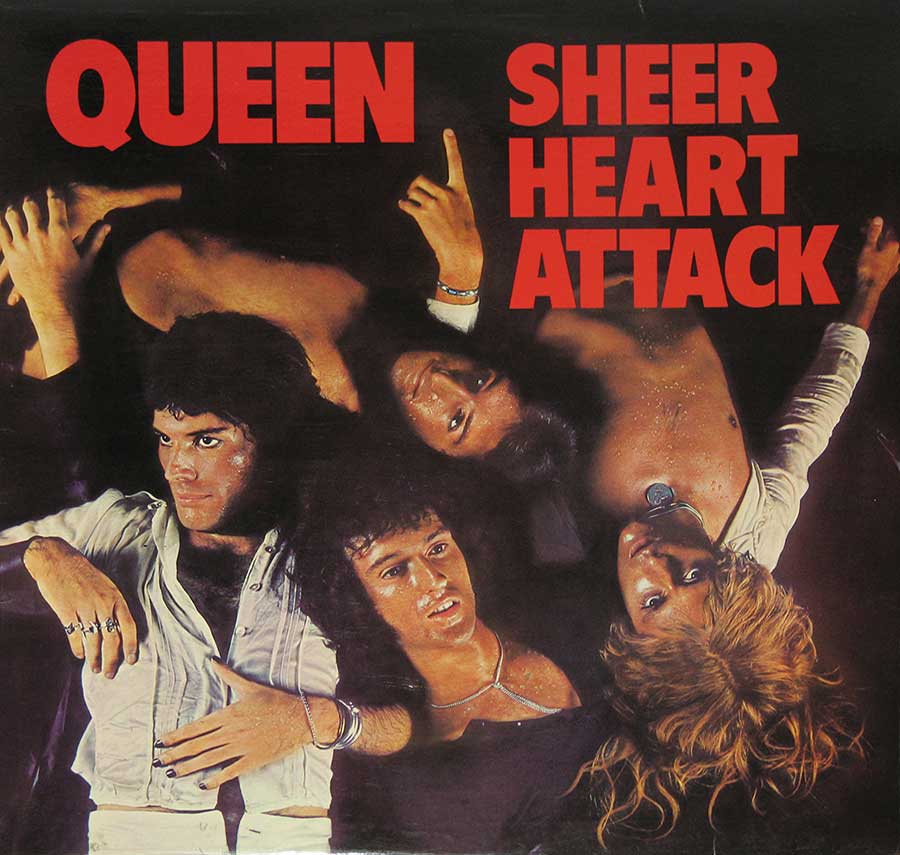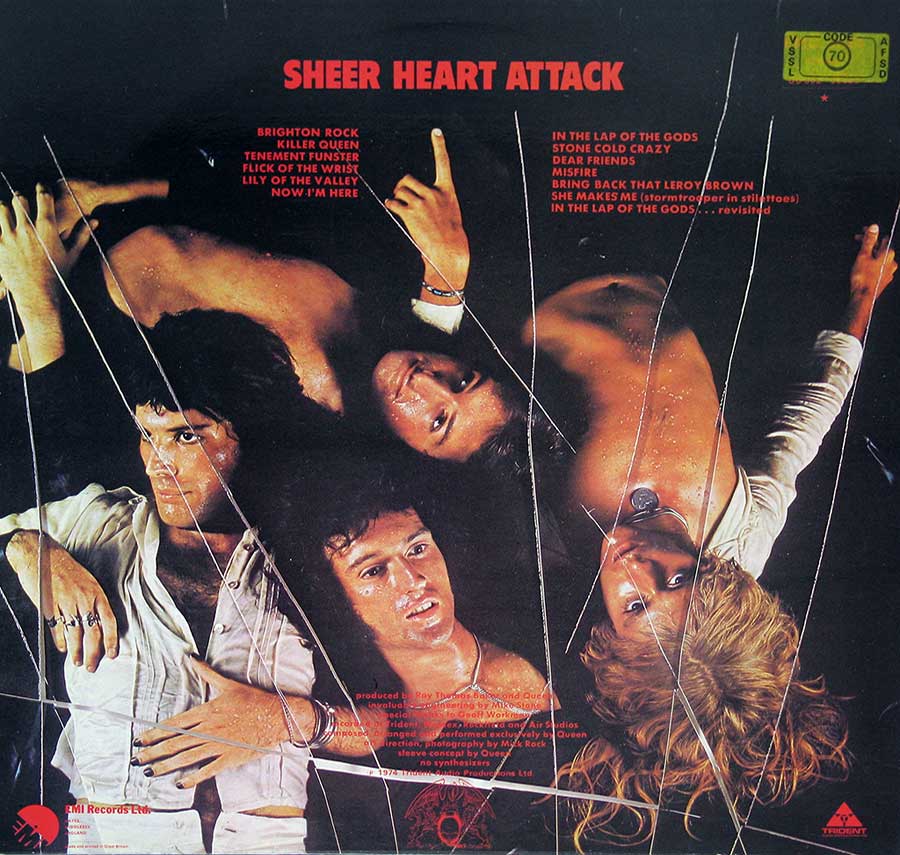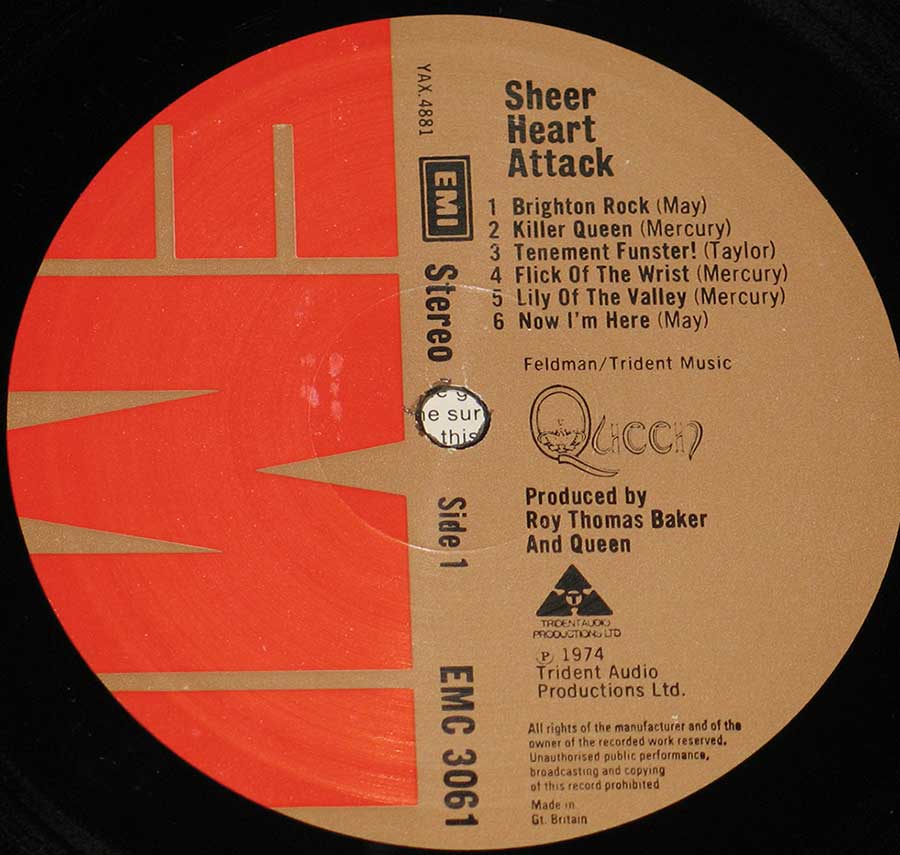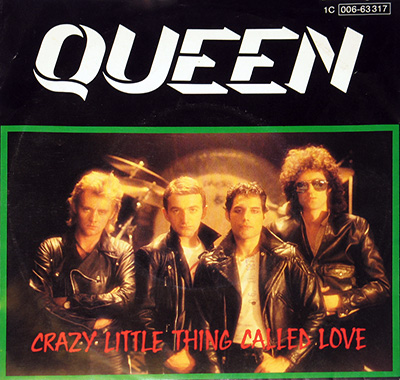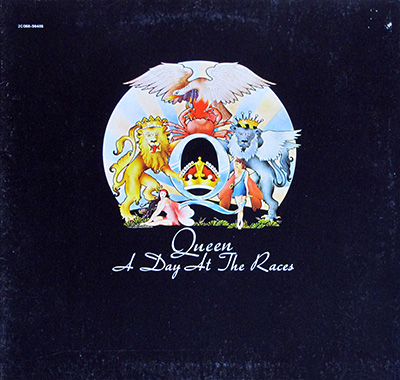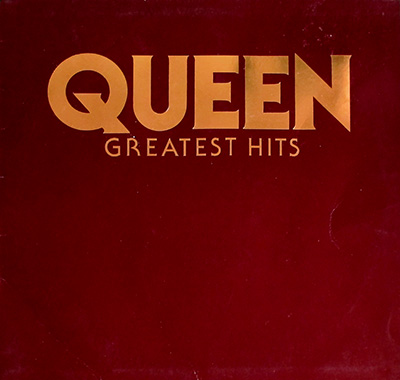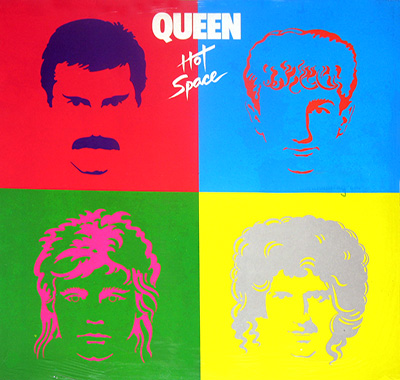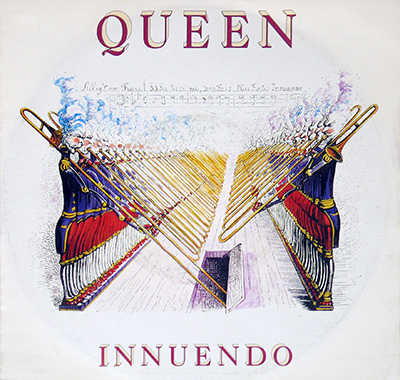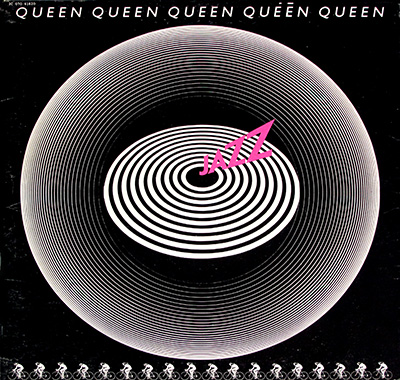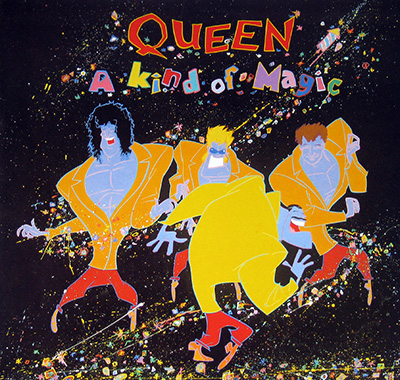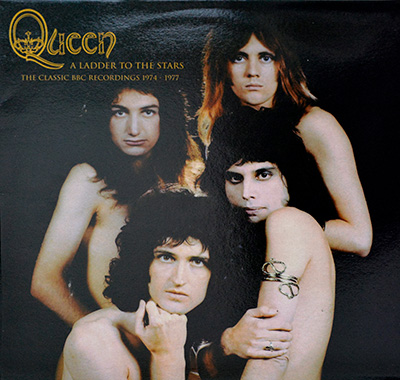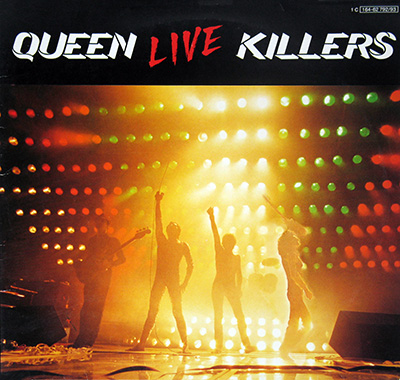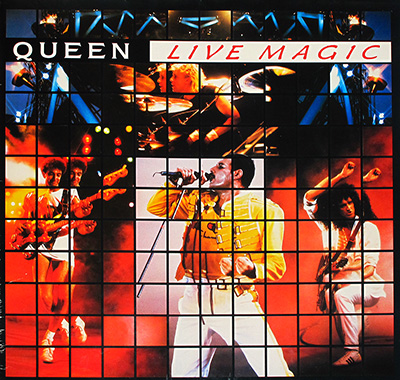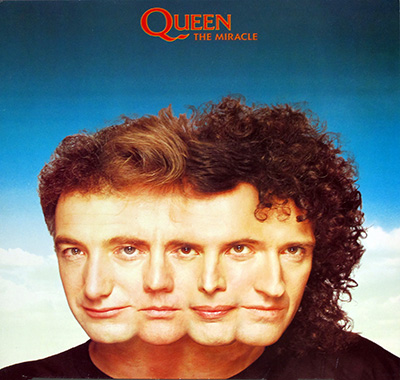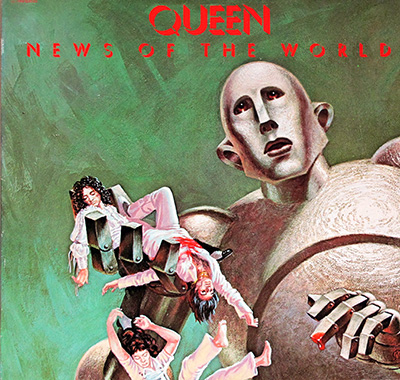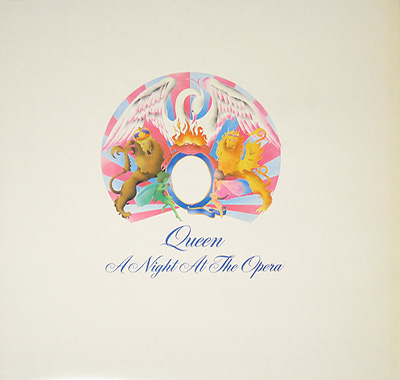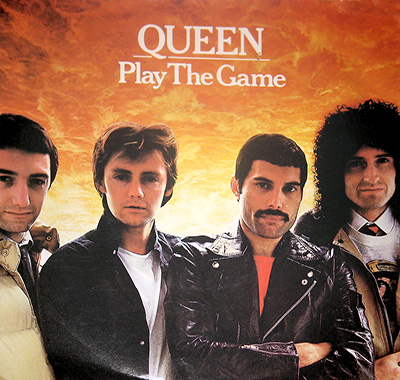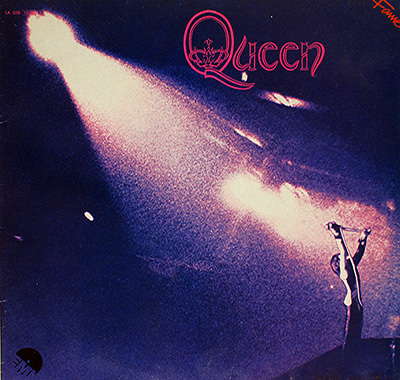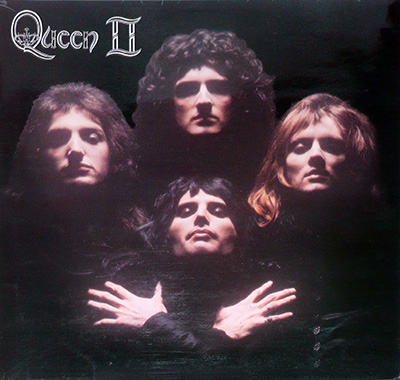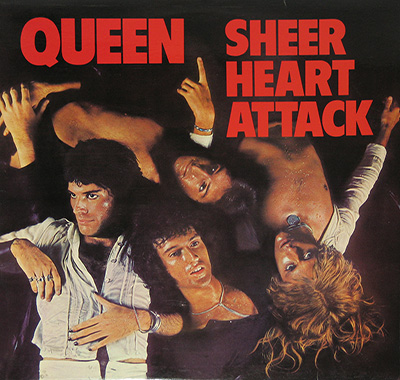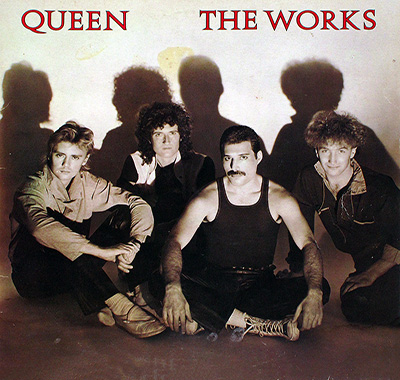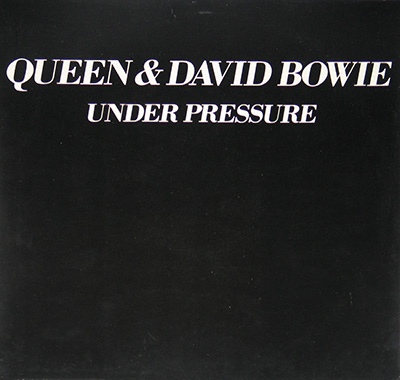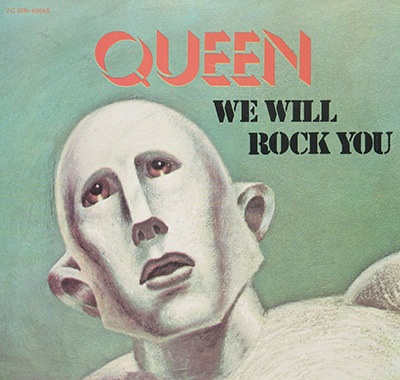Picture this: It's 1974. The glam rock scene in Britain is a glitter-dusted battlefield. Bowie's on his plastic soul trip, Bolan's teetering on the edge, and then, amidst the mascara and platform boots, Queen drops 'Sheer Heart Attack' like a bomb into the fray.
Forget those early albums where they were still figuring out their sound – this is where Queen truly arrives, a sonic kaleidoscope that bursts with energy, ambition, and a touch of the absurd. It's a record that embraces contradictions, mixing hard rock riffs with operatic harmonies, vaudevillian theatrics with a raw, visceral edge.
'Brighton Rock' kicks things off with a guitar assault that would make Black Sabbath proud, before Brian May's iconic solo takes flight, a dizzying display of technique and melody. Freddie Mercury's voice is a force of nature, switching from a menacing growl to a soaring falsetto in the blink of an eye. It's a showcase for his unparalleled range and charisma.
But 'Sheer Heart Attack' isn't just about bombast. It's also a record that revels in its own eccentricities. Roger Taylor's 'Tenement Funster' is a glam rock anthem with a punk sneer, a hint of the raw energy that would soon explode onto the scene. 'Flick of the Wrist' is a twisted cabaret number that drips with menace, showcasing Mercury's ability to inhabit a character and tell a story through his music.
And then there's 'Killer Queen,' a song so perfectly constructed it's almost criminal. It's the album's centerpiece, a radio-friendly hit that still manages to be subversive and sophisticated. Mercury's lyrics are a masterclass in wit and double entendre, painting a portrait of a high-class seductress with a taste for danger. The music is a seamless blend of pop hooks and baroque flourishes, a testament to the band's musical dexterity and their willingness to experiment.
Of course, it wasn't all smooth sailing. The album's production was plagued by delays and technical difficulties, as the band pushed the boundaries of what was possible in the studio. Roy Thomas Baker, the album's producer, was a mad scientist, coaxing out every ounce of sonic brilliance from the band. They recorded at various studios, including Rockfield and Trident, wrestling with the limitations of the technology and their own ambitions. The album was also recorded during a period of personal turmoil for the band, with Brian May falling ill and requiring hospitalization.
'Sheer Heart Attack' wasn't just a musical triumph; it was also a commercial breakthrough, propelling Queen to international stardom. It was an album that defied expectations, embracing contradictions and pushing the boundaries of rock music. It was a record that captured the spirit of its time, a snapshot of a scene in flux, teetering on the edge of excess and revolution.
It's an album that still sounds fresh and vital today, a clear demonstration of Queen's enduring legacy and their refusal to be pigeonholed. It's a reminder that rock music can be both thrilling and thought-provoking, a celebration of the human spirit in all its messy, glorious complexity.
So crank up the volume, let the music wash over you, and prepare to be blown away. 'Sheer Heart Attack' is Queen at their finest, a band firing on all cylinders, a sonic explosion that will leave you breathless. It's a record that demands to be heard, a powerful example of rock and roll's ability to transcend boundaries and ignite the imagination.
